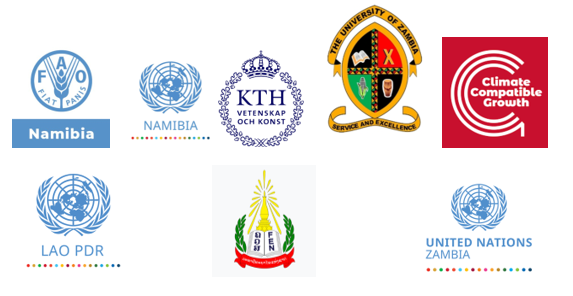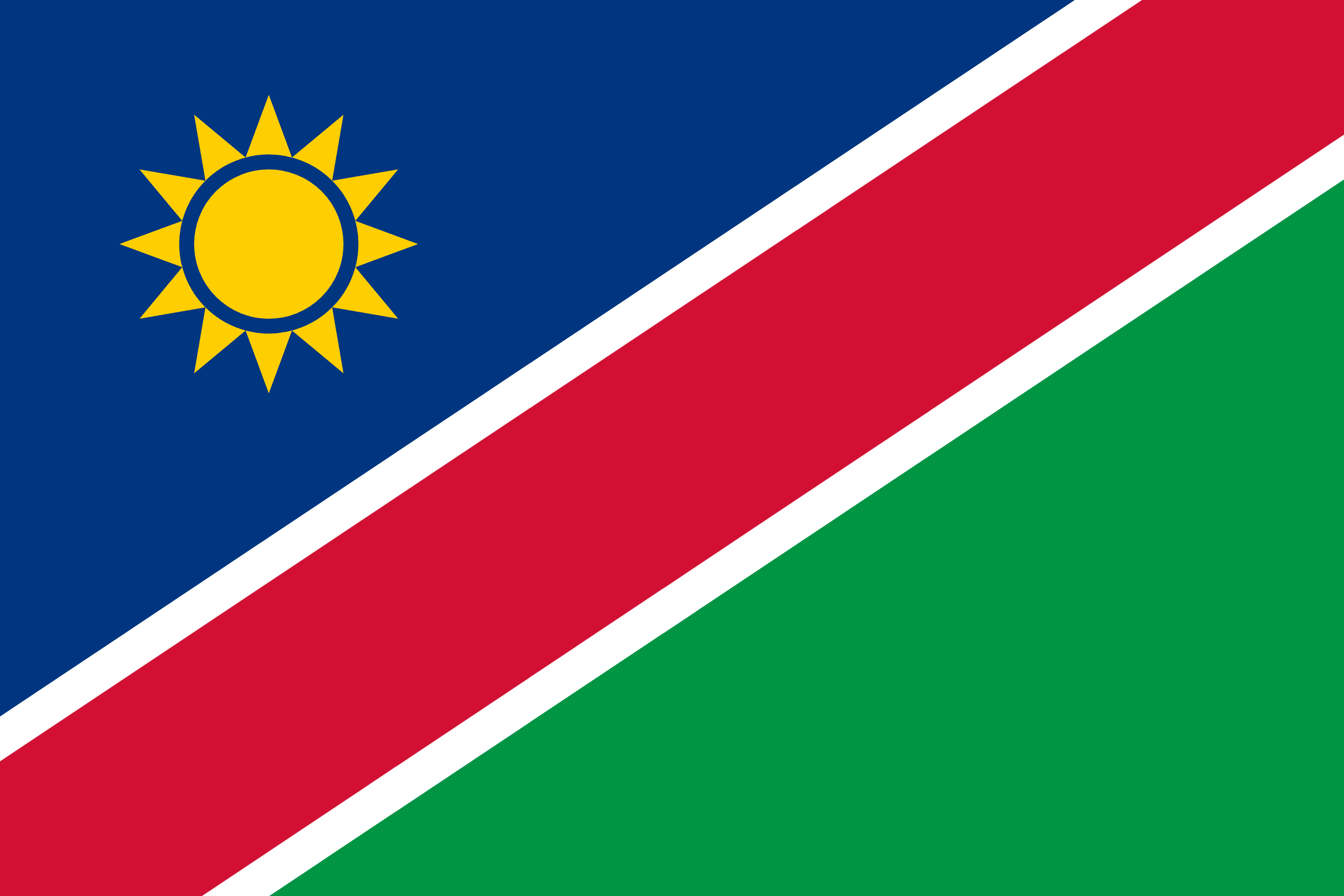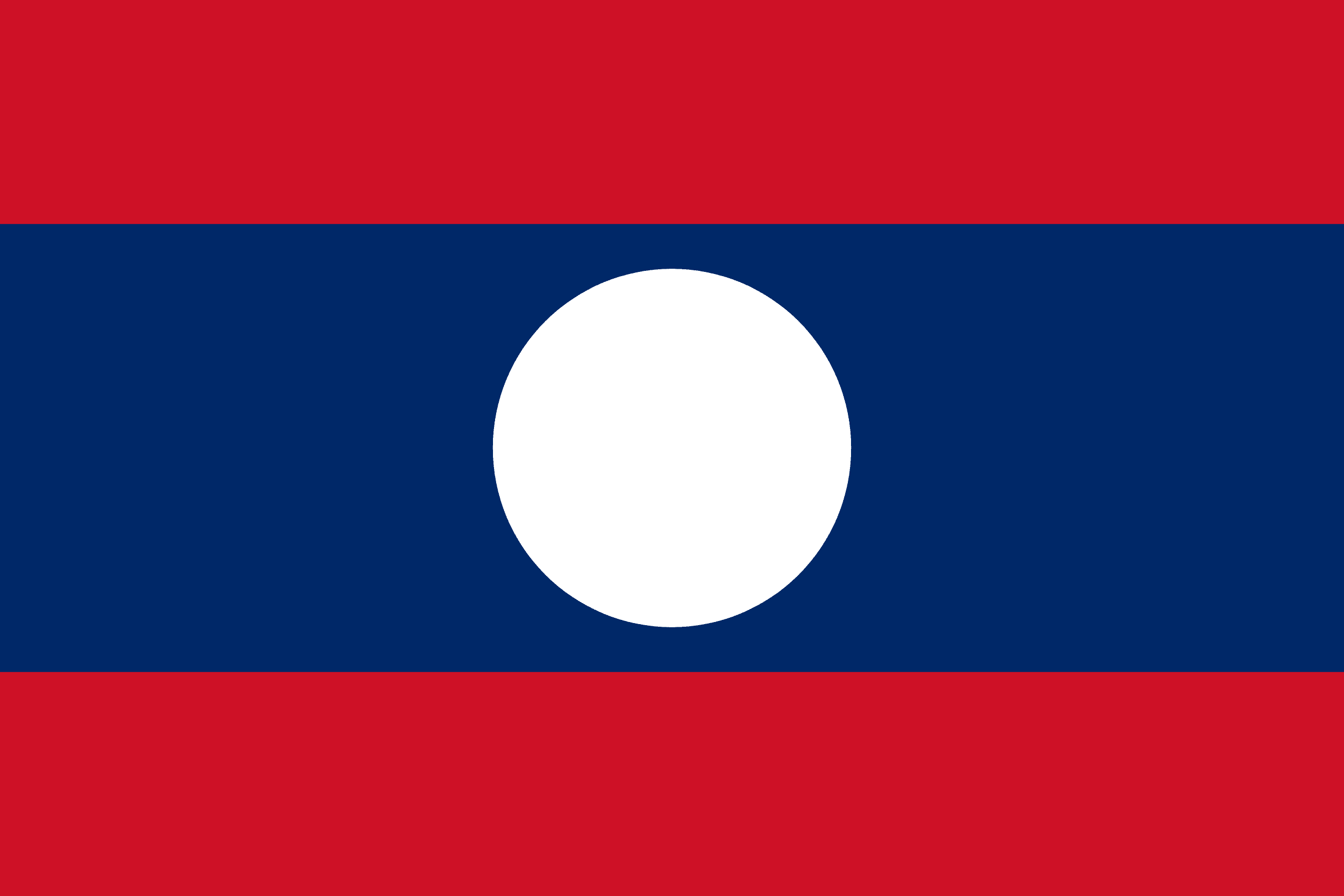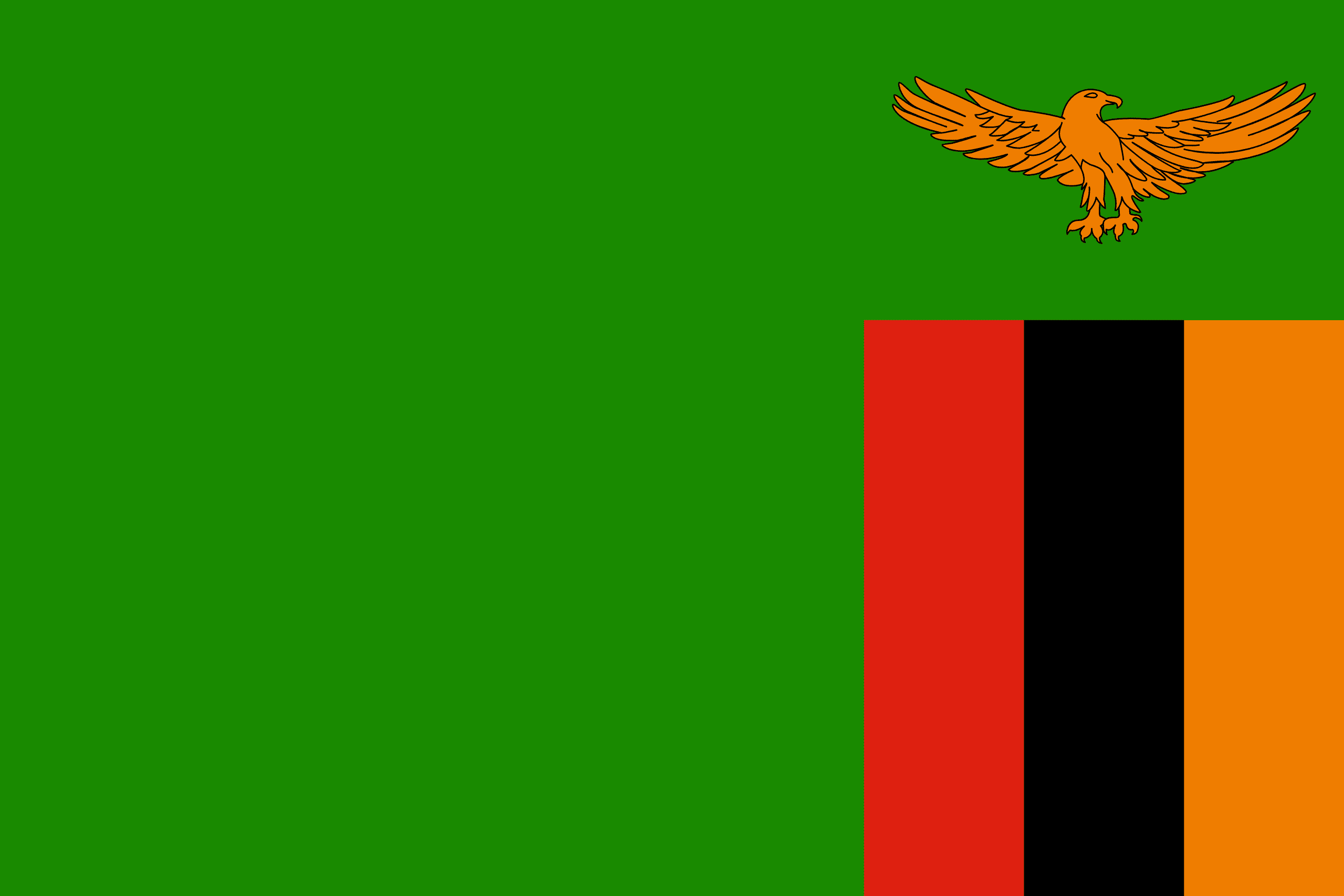CLEWS
A powerful framework for integrated resource planning, helping governments align strategies with sustainability goals
Understanding CLEWS
Climate, Land, Energy and Water systems (CLEWS) models are tools for simultaneous consideration of food, energy and water security. They are designed to assess how production and use of these resources may contribute to climate change, and how climate change may affect these resource systems. By comparing different technologies and value chains, the model can identify pressure points and indicate synergies and trade-offs to reach development goals. CLEWS can analyze policy decisions on issues such as climate action, competition for water and agricultural modernization.
What is CLEWs?
Learn more about how the CLEWs model is supporting the work of different sectors
Meet Our National Partners
CLEWs is a global initiative supported by a diverse network of partners and stakeholders. Our project brings together a dynamic mix of research institutions, national agencies, and international organizations committed to the promotion of CLEWs at national level.

Contact Information

|
|
|
Eunice Ajambo (Ms.) Economist and Development Coordination Officer United Nations Namibia 📞 +264 61 204 6502 📱 +264 81 140 5810 ✉️ ajambo@un.org 🌐 namibia.un.org |
Lolita de Almeida (Ms.) Project Assistant FAO Namibia ✉️ Lolita.DeAlmeida@fao.org |

|
|
|
Dave Blackman Senior Economist Resident Coordinator’s Office Lane Xang Avenue, PO Box 345 Vientiane, Lao PDR 📞 +856 21 267 735 📱 +856 20 5551 4578 ✉️ dblackman@un.org X: @DBlackmanUNRCO 🌐 laopdr.un.org |
Dr. Francesco Gardumi Researcher, Division of Energy Systems KTH Royal Institute of Technology, Sweden KTH, Brinellvägen 68, 10044 Stockholm ✉️ gardumi@kth.se 🌐 energy.kth.se | osemosys.org |
|
Dr. Sounthisack Phommachanh Mechanical Engineering Department Faculty of Engineering, National University of Laos ✉️ sounthisack@fe-nuol.edu.la |
Dr. Khamphone Nanthavong Mechanical Engineering Department Faculty of Engineering, National University of Laos ✉️ khamphonen1958@gmail.com |
